You Are Not Your Thoughts – Because You Are Not A Banana
Adapted from The Happiness Trap by Russ Harris
Submitted by Laurie Veillette, PsyD
Our brains are beautiful and complex, content-producing machines. Designed to help us survive, the thinking brain is naturally judgmental and negative. It has no ON/OFF switch because a threat to our survival could emerge at any time. When I hear people lament “I’m always so negative!” I think, “Nah, your brain is – and that’s a good thing!” Our ancestors wouldn’t have survived very long if their brains weren’t primed and ready for any threats that came their way. In 2022, threats to our survival are fewer and look a little different, though our brains have yet to get that memo. For this reason, our brains tell us lots of things that are unhelpful and that do not serve us.
So what are we to do? How do we THRIVE with a brain designed to SURVIVE? How can we avoid getting swept up in unhelpful thinking and, instead, choose the thoughts we dedicate our time and energy to? One strategy lies in the fact that you are not a banana.
Take a moment to convince yourself that you are a banana. Tell yourself that you are a banana. Really try hard to believe it. Imagine yourself as a banana. Muster as much conviction as you can.
“I AM A BANANA.”
(your skin is yellowing)
“I AM A BANANA.”
(your exterior becomes thick, fibrous, and peelable)
“I AM A BANANA.”
(you are ripe and delicious)
Now look in the mirror.
Are you a banana?
If so, call 9-1-1.
If not, consider why you did not become a banana. Did you not believe hard enough? Have you not believed long enough?
If you said to yourself “I am a banana” 100 times a day for 30 years, would you be any more banana then, than you are now? Probably not.
Why?
Because you are not your thoughts. Thinking something, no matter how much it may feel true, does not make it true.
You are not unlovable. You are not incompetent. You are not broken. You are not beyond help. You are not worthless. You are not alone.
Because you are not a banana.
If you or someone you know is struggling, please reach out for help. These are two available resources:
National Suicide Prevention Lifeline: 1-800-273-8255
Crisis text line: 741741
If you have a wellness themed topic you would like to share or learn more about, and/or blog/vlog about as an expert in a health/wellness related field, please reach out to shelby@cclyme.org.
Shelby Wood
Manager of Program Development
CommunityCare of Lyme
Shelby@cclyme.org
802-468-7776
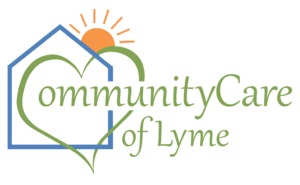
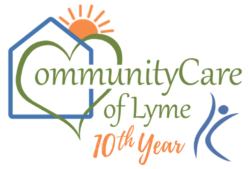

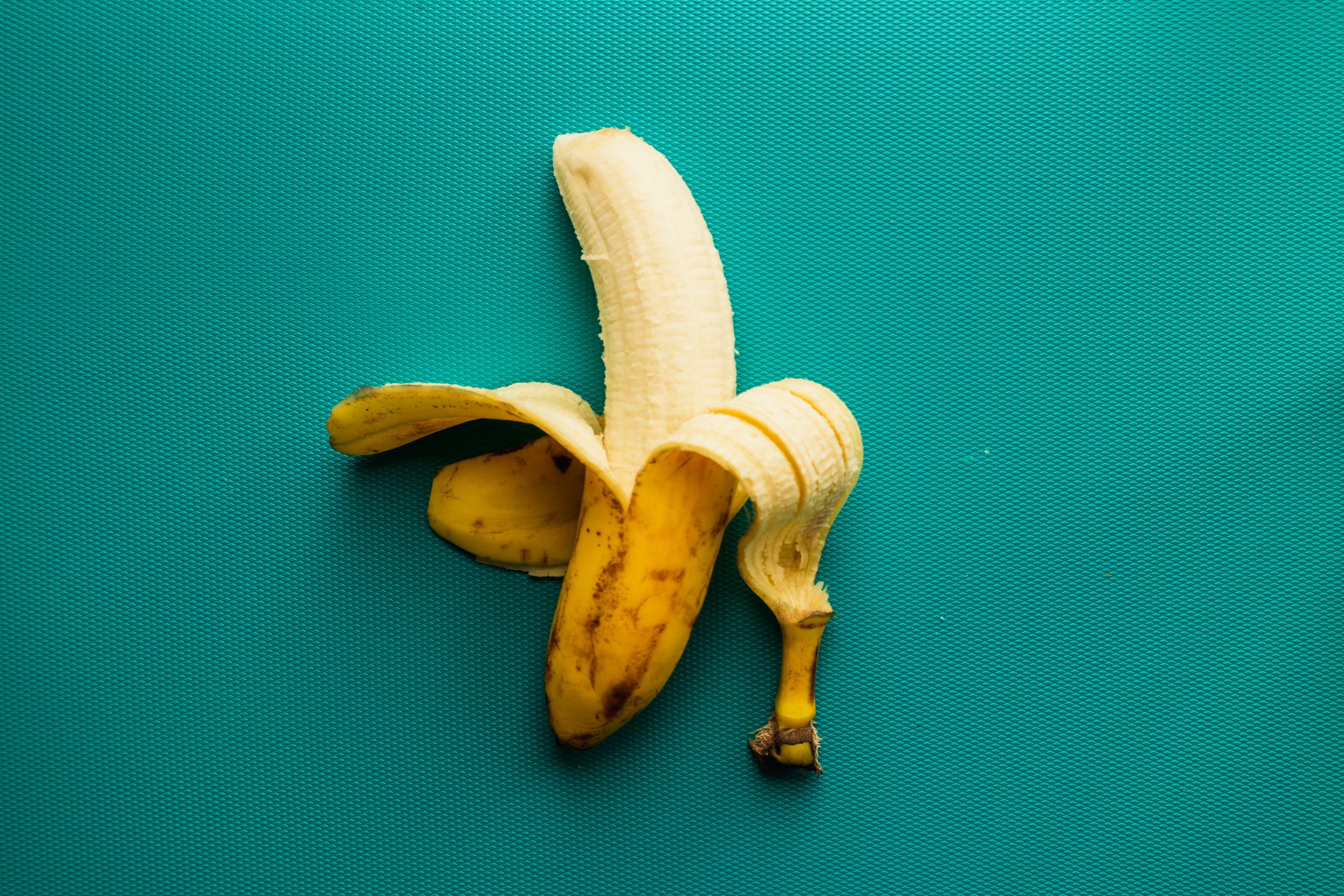
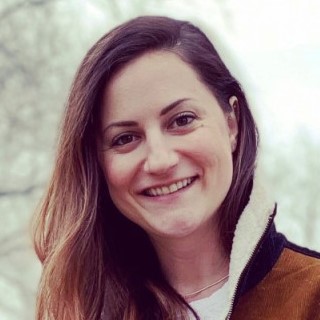

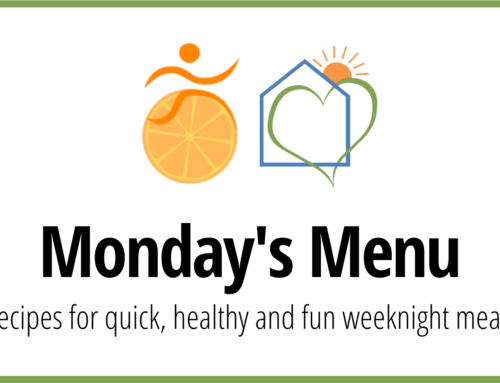
Love this! Thanks, Laurie